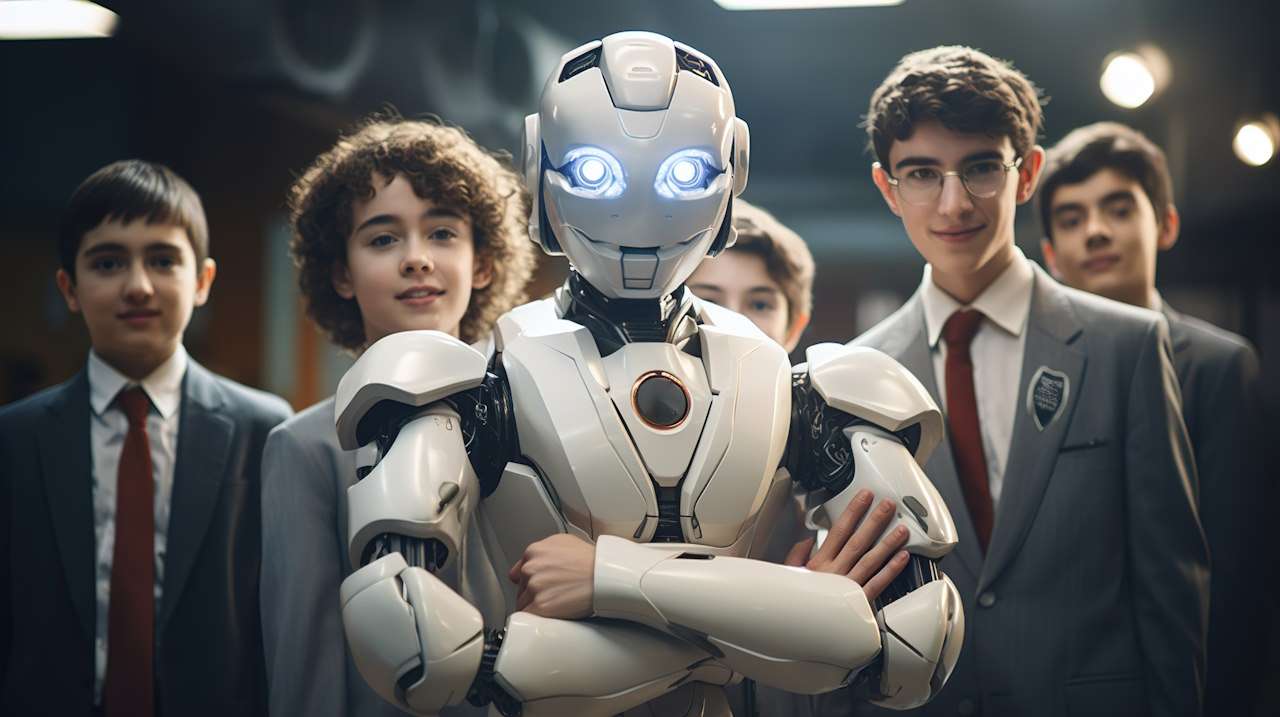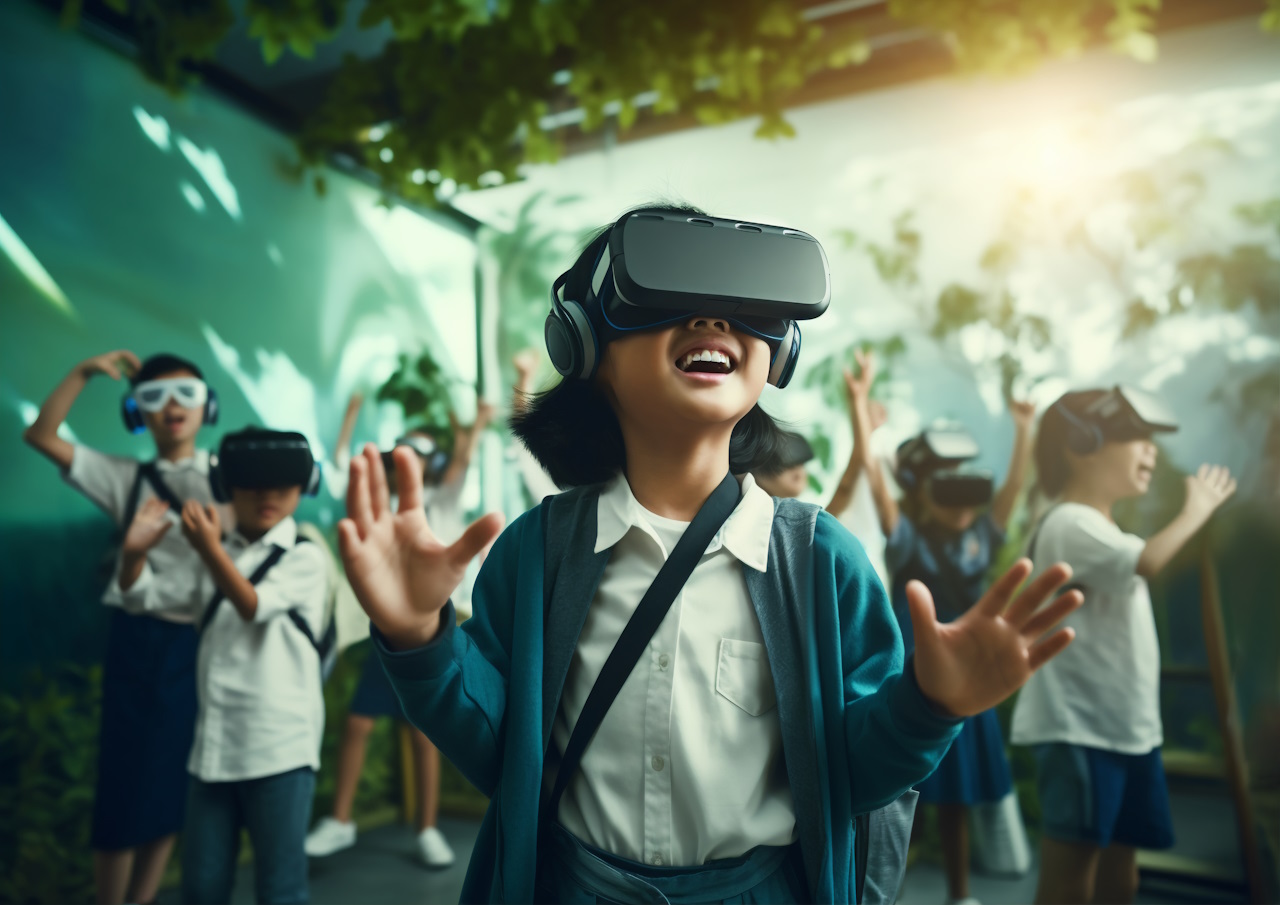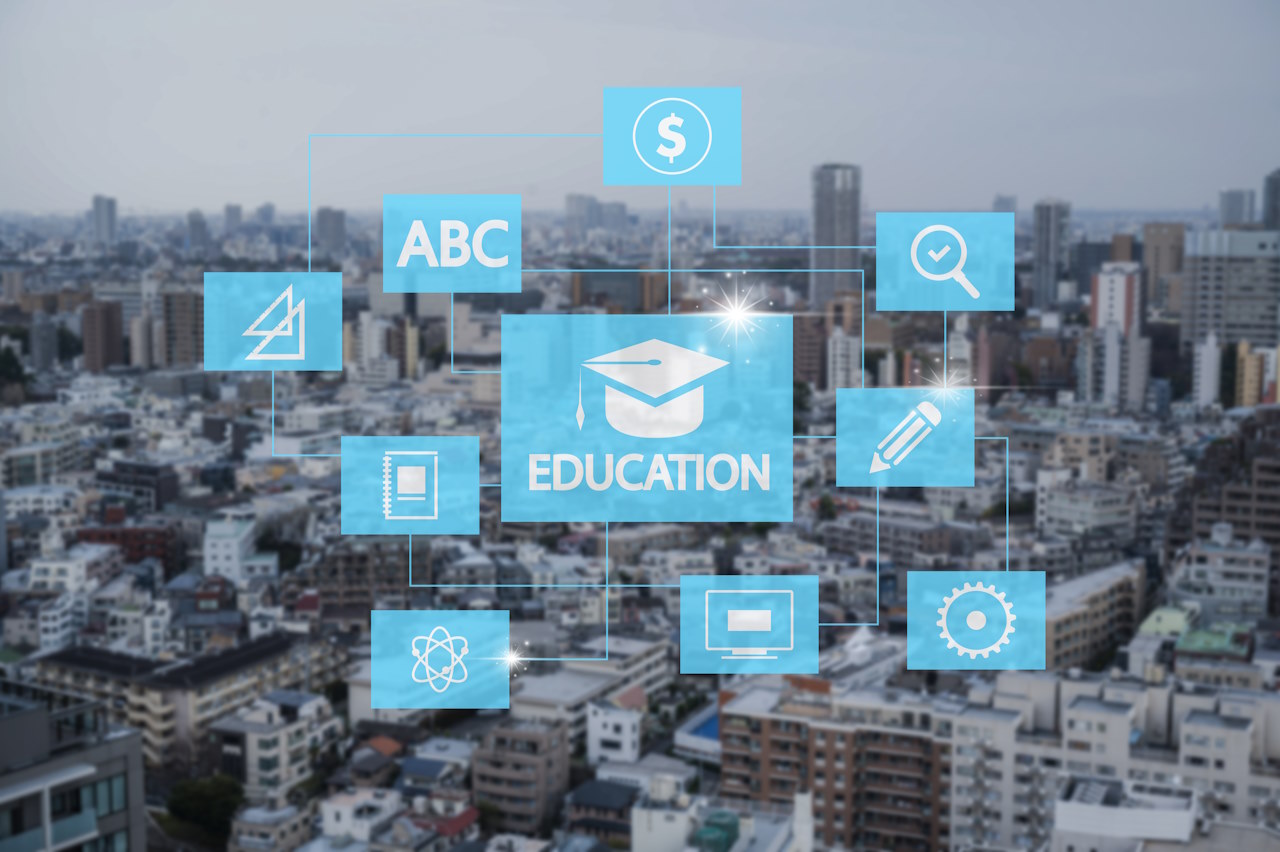Those Who Miss the Age of Artificial Intelligence Will Be Condemned to Poverty: We Stand on the Verge of a Technological Revolution!

Artificial intelligence is poised to radically change the way societies operate, economic structures, and global power dynamics. In developing countries, and especially those with lower levels of education, this shift could shake the very foundations of social and economic dynamics. The production of robots, both physical (bodied) and non-physical (robots that can speak, create images, compose music, and write art or code), will transform the dynamics of the service industry entirely. This process could eliminate the need for cheap labor in developed countries, reshaping global economic balances.
The Transformation AI Will Bring to the Service Sector
AI has the potential to fundamentally change business operations, particularly in the service sector. To date, developed countries have often relied on cheap labor from developing nations. However, with the rise of AI technologies, this dependence may decrease. Bodied robots will replace physical labor, while non-physical robots will automate many tasks within the information and service industries. The economic development model of many developing countries is generally based on cheap labor. Numerous nations have sought to establish a foothold in the global market by adhering to this model. However, with AI, we may see a scenario where developed countries no longer need this cheap labor. When non-physical robots take over roles in customer service, software development, and creativity-driven sectors, a portion of the workforce may face the risk of unemployment.
Erkan SALDIRCEO of Veri Software
Bodied and Non-Physical Robots: Two Forces of Transformation
Bodied robots can play a critical role in automating labor-intensive jobs in areas like production and logistics. For example, robots working in warehouses and on production lines will replace human labor, cutting costs. This shift could end the dependence of large industrial firms in developed countries on cheap labor. Developing nations, on the other hand, may lose their competitive advantage if it is rooted in low-cost labor.
Meanwhile, non-physical robots will revolutionize fields like speech, image creation, music, art, and coding. These robots, capable of learning human-like creative processes, will take over many jobs in the service sector. AI-generated content will redefine the economy in sectors such as art, music, software development, and even law. This shift will bring about a significant transformation in workforce skills and qualifications.
Changing Economic Structures: The Decline in Demand for Cheap Labor
As AI and robotic technologies continue to evolve, the demand for cheap labor will likely decrease. Non-physical robots, particularly those with software and content creation capabilities, will reshape the knowledge economy. As AI becomes proficient in generating content, providing customer service, analyzing data, and even creating art, the role of the human workforce in these areas will diminish.
As a result, developed nations will be able to reduce their labor costs and become less dependent on global production chains. This shift could jeopardize the position of developing countries in the global economy. Developing nations may lose their competitive edge in industries reliant on cheap labor in the service and manufacturing sectors. However, by investing in AI and reforming education to enhance digital skills, they can adapt to this new paradigm.
The Risks of Uneducated Societies: What Must Be Done to Avoid Falling Behind?
The integration of AI into society could exacerbate income inequality by excluding those without digital skills from the workforce. In many countries, the education system must urgently adapt to digital and analytical skills to take advantage of the technological transformation AI brings. As bodied and non-physical robots dominate the workforce, segments of the population that are uneducated and distant from technology could be left behind and excluded from the economic system.
Investing in education and technology during this transformation process will determine the future economic structures of nations. If such investments are not made, AI technologies will leave uneducated societies behind, pushing them to the margins of the global economy.
AI has the potential to redefine global economic balances and create a new world order. As bodied and non-physical robots solidify their roles in the production and service sectors, the need for cheap labor will diminish significantly. Uneducated societies will face the risk of falling behind, while those that invest in digital skills will be able to seize the opportunities that AI brings, adapting to the new economic order.
Integrating AI and robotics into the education system is crucial for the future of nations. If primary and vocational education does not dedicate at least 10 hours or more per week to these technologies, a bleak and impoverished future awaits. Countries, companies, and individuals that fail to complete their transformation during the AI era will face significant economic difficulties.

But how can so many students be prepared for the AI era?
How can we find enough qualified teachers to meet this need?
The answer lies in AI itself. Under current conditions, it is difficult for many countries’ education systems to train and employ enough teachers to meet this demand. However, as seen in the United Kingdom, AI-powered teachers can help close this gap.
Advanced, speaking AI education robots can rapidly integrate AI into the education system, securing the future of nations.
Failing to embrace the AI era and falling behind in this field could have dire consequences. For countries, integrating AI into the education system is a matter of critical importance.
While AI may not be able to fully replace teachers, it remains the only solution for ensuring that the future workforce is adequately prepared and to avoid missing out on the opportunities of the AI age. There is no other way to provide rapid technological transformation to such a large population. Either we continue to fall behind and grow poorer, or we catch up to the AI age and save our future. We must act quickly and start immediately, or it will soon be too late. We need to move fast and begin without delay.






